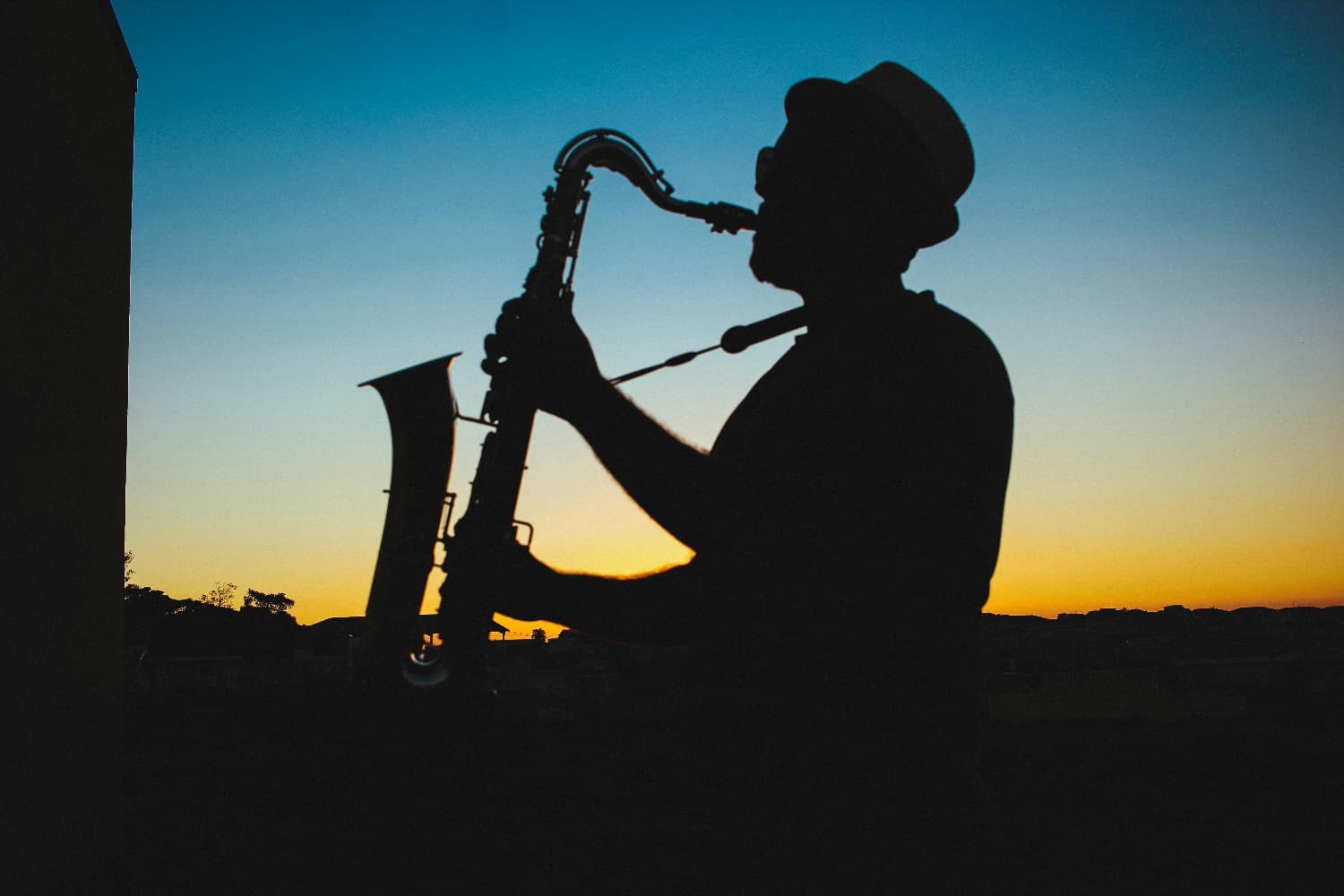
How Great Event Musicians Keep the Night Flowing
Being a talented musician is only part of the equation when it comes to event work. The best event musicians aren’t just playing songs—they’re curating an experience. They understand pacing, transitions, and energy flow, transforming a schedule of cocktails, speeches, and dinner into a seamless, unforgettable evening.
Here’s how top-tier musicians keep events moving without missing a beat.
Reading the Room Is Key
Great musicians don’t play the same set no matter the audience—they read the room. During cocktail hour, the vibe is relaxed and conversational, so light, melodic tunes or soft jazz keep guests engaged without overpowering conversation. As the evening progresses, musicians gauge the energy and gradually ramp it up, making sure the dance floor doesn’t open too early or too late.
Being attuned to the crowd is essential. Are guests lingering at the bar? Networking at tables? On the dance floor? Understanding these cues ensures your music enhances the moment instead of competing with it.
Mastering Transitions
One hallmark of a professional event musician is seamless transitions. Moving from background dinner music to a lively dance set—or from one song to another—isn’t just about hitting the next track. It’s about timing, tone, and anticipation.
Top musicians prepare multiple mini-sets that can flex depending on how the night unfolds. They know how to bridge moods, cue in high-energy moments without jarring the audience, and keep energy peaks and valleys feeling intentional rather than chaotic.
Pacing Energy Like a Pro
Energy management is a subtle but critical skill. Starting too high can burn out the crowd before the big moment; starting too low risks guests losing interest. Skilled musicians pace the night like a storyteller: building tension, releasing it at the right moment, and keeping momentum without exhausting the audience.
It’s not just about playing songs—it’s about strategic energy. Understanding when to pause, when to accelerate, and when to give the crowd a breather ensures every part of the night feels natural and enjoyable.
Tailoring Your Set to the Event
Every event has its own rhythm, and the best musicians tailor their set accordingly. A corporate gala may need a more structured flow, with transitions coordinated to speeches, awards, or dinner service. A wedding reception might allow for improvisation, letting the crowd’s energy dictate the next song.
Flexibility is key. Knowing your repertoire and having backup plans for different tempos, genres, or energy levels keeps you prepared for anything. Event planners notice musicians who can pivot without skipping a beat—those are the ones they book again and again.
Collaboration with Event Staff
Keeping the night flowing isn’t just about the music—it’s about working with everyone involved. Coordinating with planners, AV teams, or MCs ensures transitions are smooth, cues are hit, and timing aligns with the event schedule. Professional musicians treat the event as a team effort, anticipating needs and adjusting in real-time.
This kind of collaboration enhances the entire experience, making the evening feel effortless to guests while keeping planners confident and stress-free.
Leaving Guests Wanting More
Ultimately, great event musicians know the goal: leave the crowd wanting one more song. By managing energy, reading the room, and making every transition feel intentional, they create a night that feels complete—not rushed or overstretched. That polish is what separates a “good band” from a must-book-again act.
Bottom Line
Being a successful event musician isn’t just about technical skill or repertoire—it’s about strategy, pacing, and collaboration. When you understand how to guide the night, manage energy, and adapt to the event’s flow, you elevate the entire experience. That’s how you become the musician everyone calls first—and the one guests remember long after the last note.
